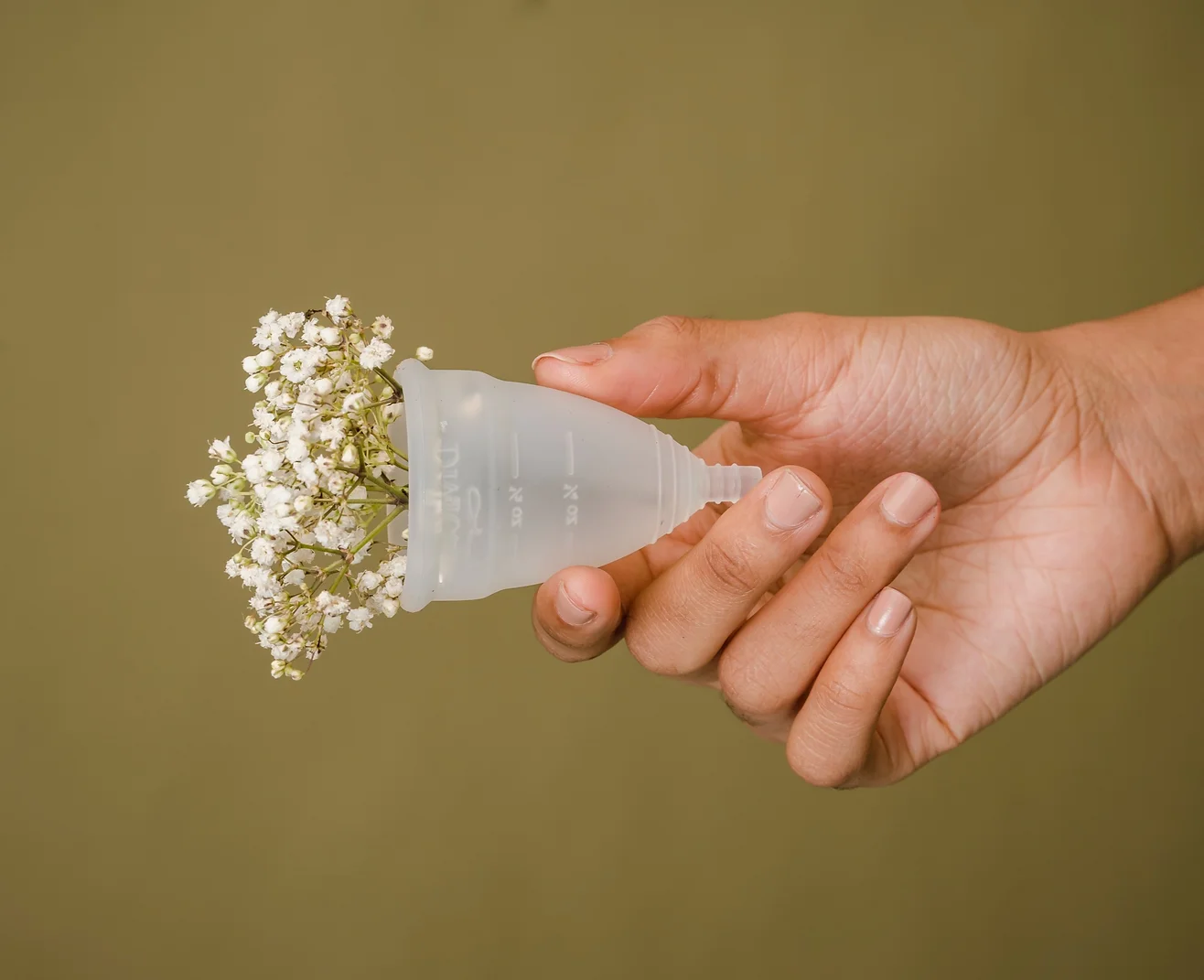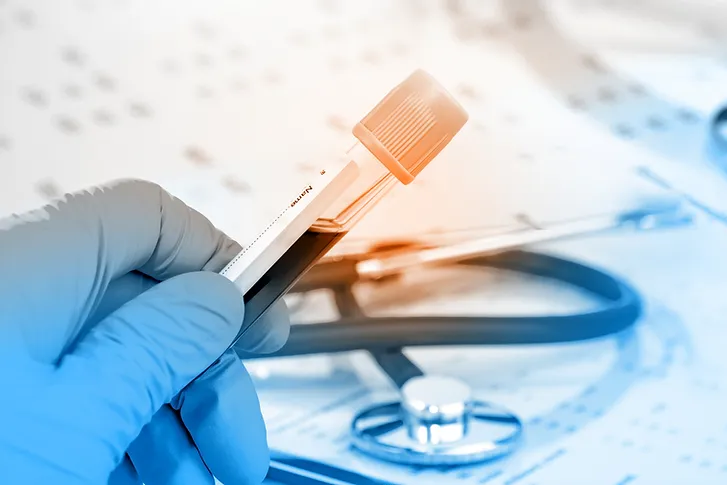Genital skin problems or genital rash is a highly discomforting and embarrassing condition but is also very common.The genital rash can occur due to various reasons.

Depending on the type of condition, the genital rash can lead to skin abnormalities ranging from single lesion to widespread sores accompanied by itchiness and stinging sensation.
There are various possible reasons for genital skin conditions ranging from yeast infection to sexually transmitted diseases.
The important and frequently occurring conditions are discussed below briefly.
· Jock itch is a fungal infection of the groin area that cause redness, itchiness and may blister the skin.
· Vaginal yeast infection also causes itchiness, redness, inflammation, and vaginal discharge.
· Molluscum contagiosum is an infection that appears as round, itchy bumps on the skin.
· Balanitis is the inflammation of the penis and causes itching, redness, and discharge.
· Parasites, i.e., pubic lice, body lice, or scabies, can also cause severe itchiness and redness of the skin.
· Contact dermatitis leads to rash of genital areas
· Psoriasis in males can cause sores in the genital area.
· Genital herpes causes painful sores and blisters in the genital area
· Genital warts cause itching in the genitalia.
· Syphilis produces a rash on the body, including the genital ar
Impact of skin conditions on mental and physical health
Skin conditions have severe physical, psychological, and social problems for those who live with them. Although the reason, nature, and symptoms of genital skin conditions are different and diverse, they all take a toll on the individuals’ psychological well-being. The genital skin-related conditions negatively impact sexual functioning, interpersonal relations, emotional responsiveness, self-concept, and work or academic functioning. Furthermore, it was also reported that patients with genital conditions consciously avoid intimate relationships, experience depressive symptoms and episodes, impotence or reduced libido, and poor work or academic performance.
According to the All-Party Parliamentary Group on Skin (2013), most of the time, others who are not affected by the problem tend to undervalue them. Some people find them repellent. Most people think that genital skin conditions occur due to poor hygiene and are contagious. Such people are rejected and stigmatized by society. Various research studies have confirmed that individuals with skin conditions reported suicidal ideations or suicidal attempts and reported self-harm behavior.
The various psychological and social problems that emerged as a result of genital skin conditions are listed below:
· Frustration
· Anxiety
· Anger
· Depression
· Decreased social activity and involvement
· Low self-esteem and confidence
· Poor body image
· Sleep issues
· Excessive alcohol or drug abuse
· Relationship issues
· Suicidal ideations and attempts
These are just a few issues to mention.
In some cases, when the genital skin conditions remain untreated or exacerbated because of self-medication and treatment, individuals can suffer from psychological symptoms warranting clinical diagnosis and medical attention. Anxiety disorder and depressive disorder are found to be highly prevalent.
Moreover, it is also a fact that various psychological stressors, including anxiety and depression, can worsen the symptoms, including itching and irritation. The patients report that the stress they experience from the condition can lead to new episodes or relapse of the skin condition. So, this is a vicious cycle where skin condition leads to anxiety and anxiety, which aggravates the symptoms (Shenefelt, 2010).
Thus, sometimes, psychological stress can hinder the process of healing and recovery. Certain stress-reduction techniques and methods to combat anxiety during the remedial and treatment course of genital skin conditions have been formulated and advised. The use of cannabis oil (CBD oil) is considered effective in dealing with psychological stress and various other symptoms.
CBD oil
Cannabis oil is known for its anti-inflammatory and immunomodulatory properties, and it also reduces anxiety, pain, and stress.{Continue to the article}
References
All-Party Parliamentary Group on Skin (2013). The psychological and social impact of skin diseases on people’s lives. Retrieved from: https://www.appgs.co.uk/publication/download/the-psychological-and-social-impact-of-skin-diseases-on-peoples-lives-final-report-2013/
Doyen, J., Demoulin, S., Delbecque, K., Goffin, F., Kridelka, F., & Delvenne, P. (2014). Vulvar skin disorders throughout lifetime: about some representative dermatoses. BioMed research international, 2014, 595286. https://doi.org/10.1155/2014/595286
Sarris, J., Sinclair, J., Karamacoska, D., Davidson, M., & Firth, J. (2020). Medicinal cannabis for psychiatric disorders: a clinically-focused systematic review. BMC psychiatry, 20(1), 24. https://doi.org/10.1186/s12888-019-2409-8
Sheikh, N. K., & Dua, A. (2020). Cannabinoids. In StatPearls [Internet]. StatPearls Publishing. Available from: https://www.ncbi.nlm.nih.gov/books/NBK556062/
Shenefelt P. D. (2010). Psychological interventions in the management of common skin conditions. Psychology research and behavior management, 3, 51–63. https://doi.org/10.2147/prbm.s7072
Shenefelt PD. Herbal Treatment for Dermatologic Disorders. In: Benzie IFF, Wachtel-Galor S, editors. Herbal Medicine: Biomolecular and Clinical Aspects. 2nd edition. Boca Raton (FL): CRC Press/Taylor & Francis; 2011. Chapter 18. Available from: https://www.ncbi.nlm.nih.gov/books/NBK92761/

